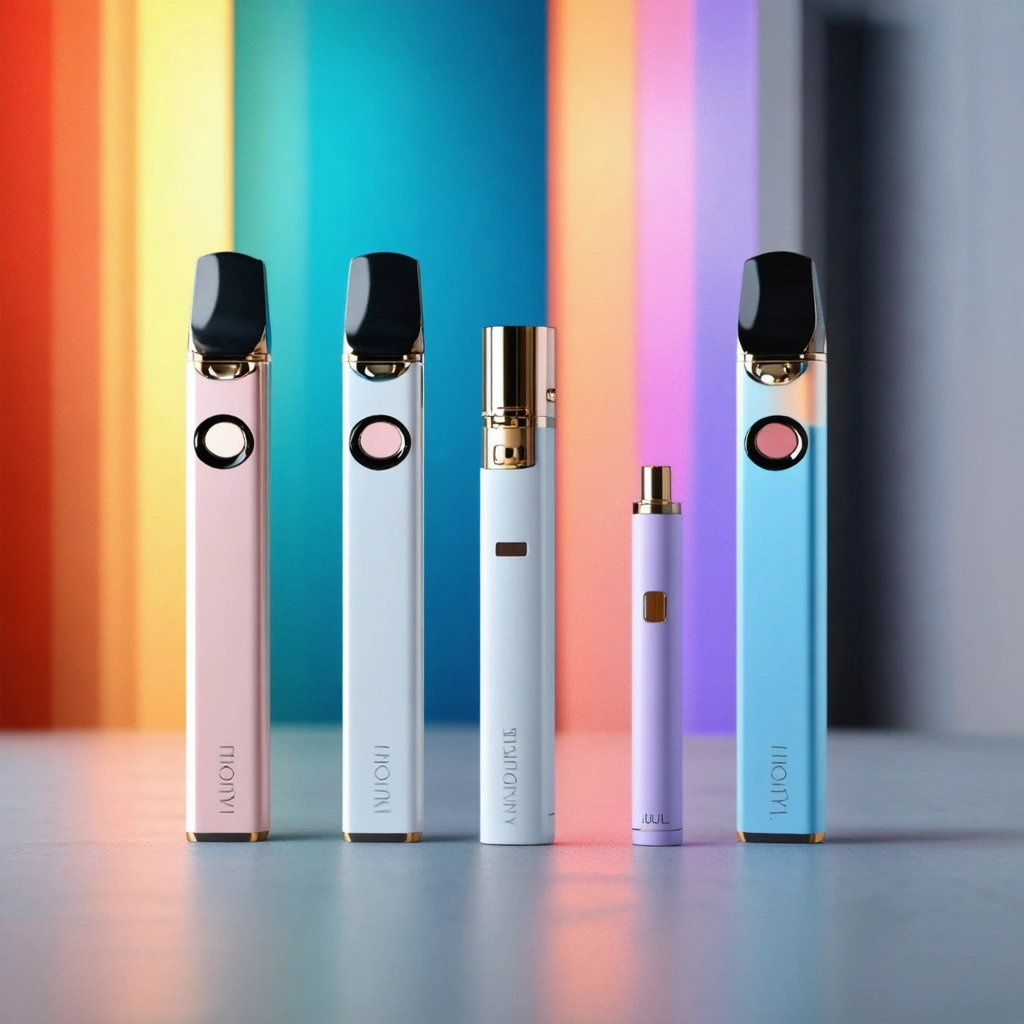
Introduction
The recent settlement between Juul and the State of Florida, amounting to $79 million, has sparked extensive discussion within the business and legal communities. This case study examines the litigation process, regulatory implications, and market impact of the settlement. The issues at the heart of the case include allegations of marketing to underage users and the broader responsibilities of companies within heavily regulated and competitive industries. Through a detailed examination of the events leading up to the settlement, the case presents important lessons in corporate strategy, regulatory compliance, and risk management.
Background of the Case
Market Context and Corporate Environment
In recent years, the vaping industry has witnessed explosive growth, driven by both technological innovation and aggressive marketing strategies. Juul, positioned as a leading brand, experienced rapid expansion. However, the accelerated growth created challenges, including increased scrutiny from both state regulators and public health advocates. Critical questions arose concerning the corporate decision-making processes, particularly regarding how products were marketed to younger demographics.
- Rapid market expansion
- Sophisticated digital advertising
- Concerns over public health and safety
The legal and regulatory sectors have taken an increasingly proactive role in overseeing product claims and marketing practices. This created an environment where companies like Juul were compelled to navigate a complex landscape, balancing innovation with compliance.
Legal Allegations and Regulatory Oversight
The State of Florida was among several jurisdictions that launched investigations into Juul’s marketing practices. Allegations centered around the targeting of underage consumers—a claim that had significant implications for both the company’s reputation and its financial standing. The litigation underscored key issues, including:
- Responsible marketing practices in compliance with legal standards
- Corporate accountability when issues of public safety are involved
- The role of state and federal regulatory bodies in monitoring industry practices
Through judicial processes and investigation, parties on both sides evaluated evidence, marketing materials, and internal communications. The final settlement indicates a recognition on the part of Juul that certain practices may have crossed legal and ethical boundaries, leading to a significant financial penalty.
Details of the Settlement and Litigation Process
Settlement Negotiations and Key Terms
The settlement process was multifaceted, involving repeated negotiations and legal debates. The finalized agreement, which involved an outlay of $79 million, was designed to address the claims of improper marketing practices without admitting legal guilt. Several aspects of the settlement are noteworthy:
| Aspect | Description |
|---|---|
| Financial Component | $79 million allocated to compensate for alleged violations and to fund regulatory improvements |
| Legal Resolution | The settlement resolves pending litigation without admission of liability |
| Future Compliance | Commitment to enhance oversight of marketing practices and corporate governance |
This table illustrates the multifaceted nature of the settlement, including both financial restitution and regulatory improvements. Such comprehensive settlements often serve as a blueprint for dealing with similar regulatory challenges across industries.
Court Proceedings and Negotiation Milestones
During the litigation, several procedural events marked the progression of the case:
- Initial complaints filed by the State of Florida
- Subsequent investigations and evidence gathering, including digital data analysis
- Multiple mediation sessions aimed at resolving the dispute outside of court
- Final agreement reached after high-level negotiations
These milestones highlight the importance of legal strategy and negotiation in resolving large-scale litigation, especially in cases involving high-profile companies and sensitive public health concerns.
Implications for the Vaping Industry and Business Strategies
Market Impact and Industry Trends
The settlement had significant reverberations throughout the vaping industry. Stakeholders—ranging from investors to regulatory bodies—observed several immediate and long-term impacts:
- Heightened scrutiny of marketing practices
- Alterations in product design and advertising strategies
- Increased regulatory compliance measures across the industry
- Market realignment as competitors adjust to the changing landscape
For investors, the case underscored the latent risks associated with regulatory noncompliance. Companies operating in emerging or rapidly evolving sectors must maintain a careful balance between innovation and ethical practices to ensure long-term sustainability.
Lessons Learned and Future Outlook
The Juul settlement provides several critical lessons for corporations and regulatory authorities alike:
- Corporate Governance: Organizations must enforce strict internal policies to ensure compliance with both existing regulations and ethical standards.
- Risk Management: Proactive legal and regulatory risk assessments are crucial for mitigating potential financial and reputational damages.
- Market Responsiveness: Companies need to be agile and responsive to changing regulatory environments, adapting their marketing strategies and product offerings accordingly.
- Regulatory Collaboration: Transparent communication and collaboration with regulatory bodies can prevent prolonged litigation and better protect public interests.
From a business perspective, the case acts as a catalyst for revising corporate policies and rethinking market strategies. It emphasizes the importance of building resilient frameworks that prioritize consumer safety and regulatory compliance. The lessons learned here are applicable to a wide range of industries, not just those involved in consumer tobacco or vaping products.
Conclusion
The settlement between Juul and the State of Florida represents a significant moment in the interplay between business strategy and regulatory oversight. While the financial implications were substantial—with a $79 million payout—the case also offers valuable insights into the importance of ethical marketing practices, robust internal controls, and responsive regulatory frameworks. For companies operating in high-risk, rapidly growing industries, this example offers a powerful lesson: compliance and corporate responsibility must go hand in hand with innovation.
The multi-layered aspects of the legal proceedings, the detailed settlement framework, and the strategic adjustments taken by industry stakeholders collectively paint a picture of an evolving landscape where the boundaries of business practices and public accountability are continually reshaped. As the vaping market evolves, the enduring influence of this case will likely drive further regulatory innovations and compel companies to adopt more rigorous standards. With the ever-increasing emphasis on corporate social responsibility, businesses are expected to lead with transparency and ethical practices in order to maintain public trust and secure long-term success.
Ultimately, the Juul settlement serves as a critical reminder that business endeavors, particularly those in regulated sectors, require a holistic approach combining innovative marketing, strategic financial planning, and unwavering adherence to ethical practices. Companies that succeed in integrating these elements are more likely to thrive in an environment that demands accountability and continuous improvement.




